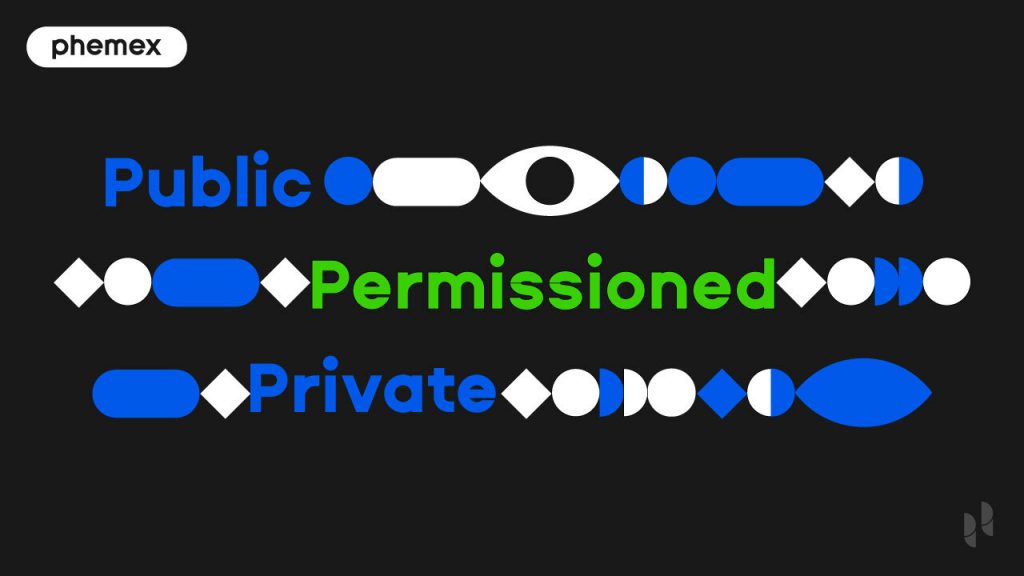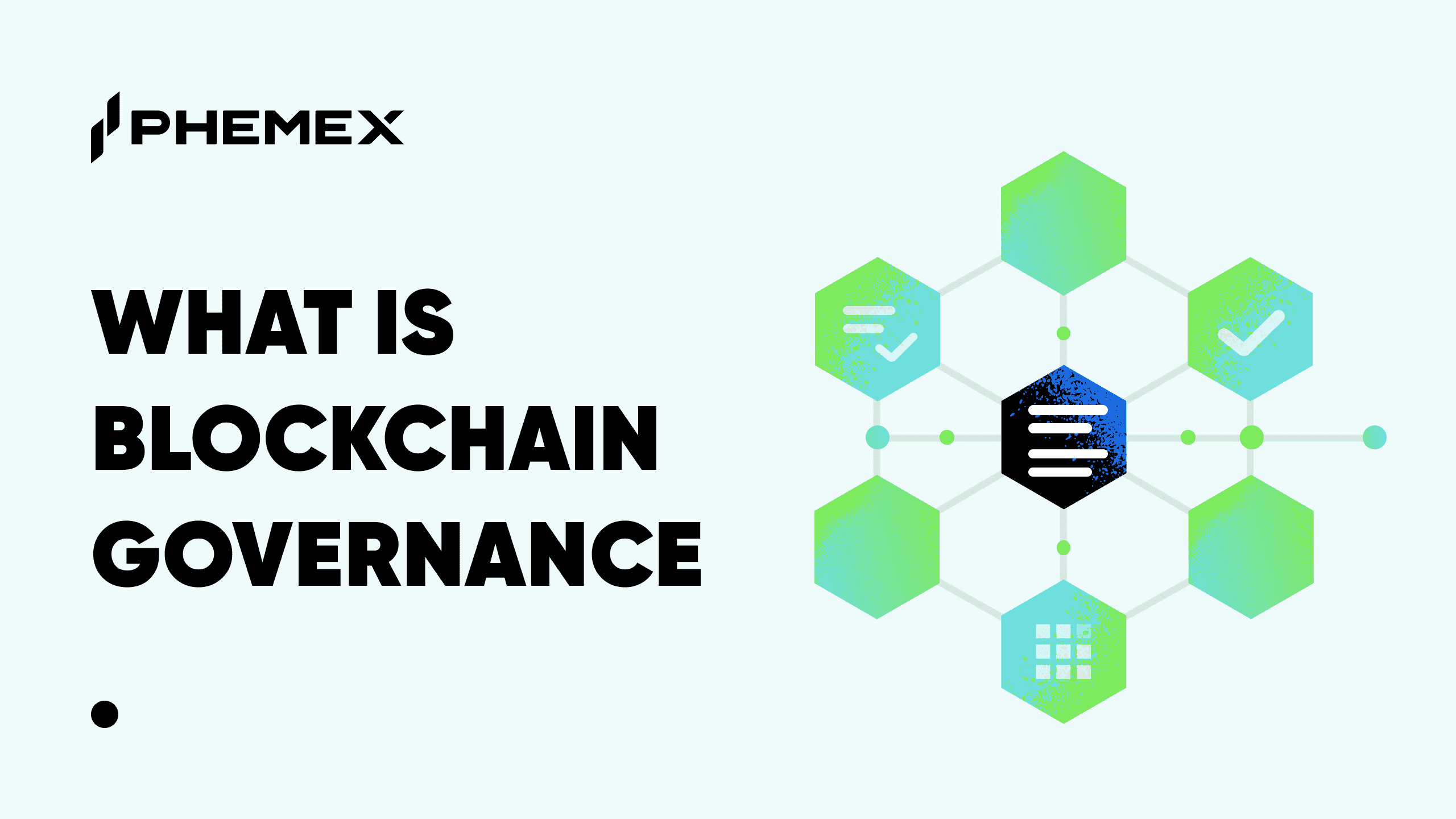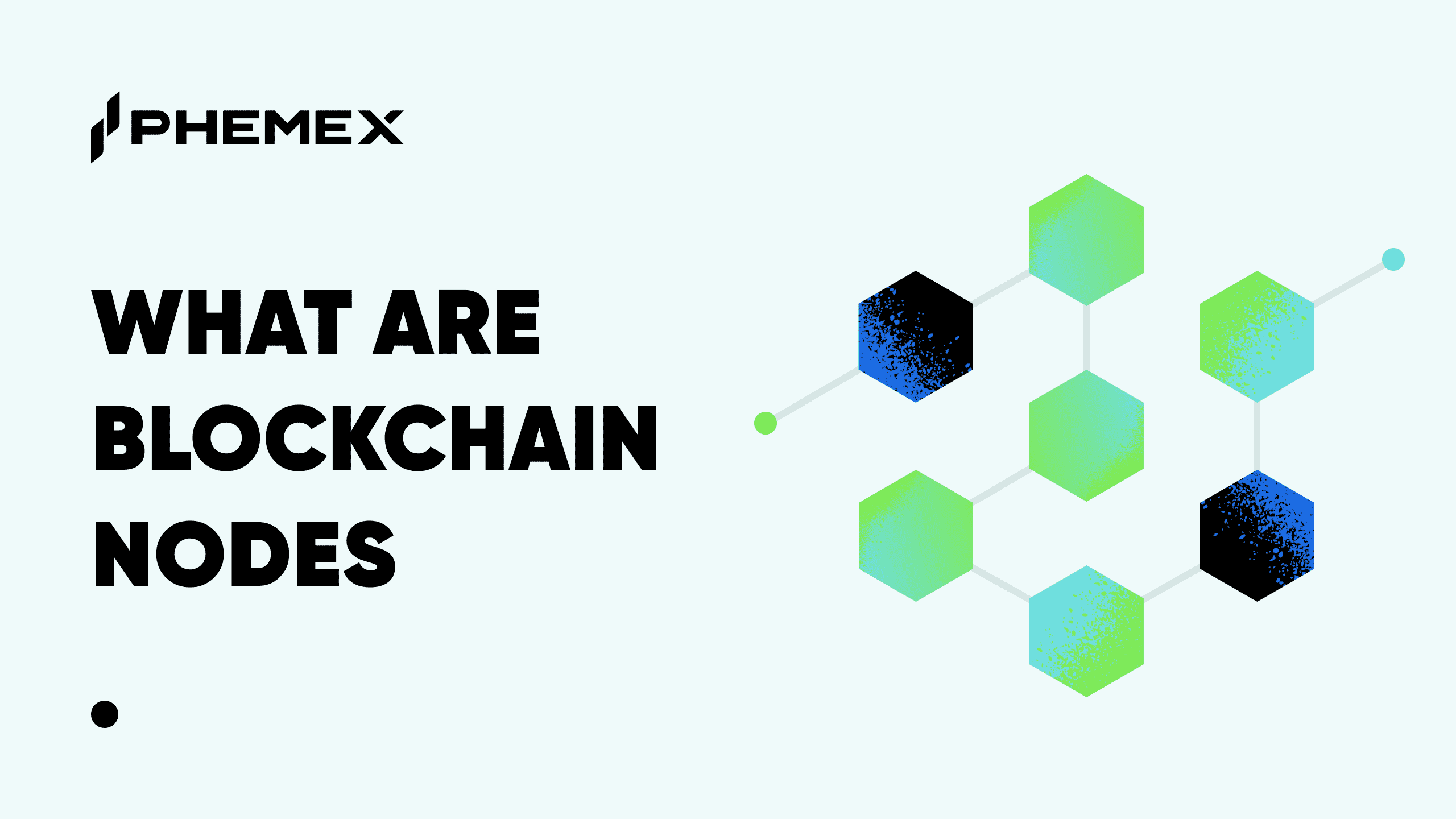When thinking about blockchain, many people immediately think of the most well-known public blockchains such as Bitcoin (BTC) or Ethereum (ETH). However, a large number of blockchain networks in existence, particularly those used in the corporate environment, are based on restricted access.
Depending on the mode of operation and access control, these blockchains are referred to as private or permissioned. In this article, we will review all three main varieties of blockchain platforms – public, private and permissioned.

3 Types of Blockchain
There are three main types of blockchains:
- Public blockchains are open to any user to join and participate in. Any person can create an address on these blockchains and access all the network transaction data. Anyone with the requisite hardware and software setup can also take part in transaction verification on these networks.
- Private blockchains have protected access modes and a central controlling authority, usually the company behind the blockchain, and participants are chosen by the authority.
- Permissioned, or consortium, blockchains are usually one or more entities, e.g., a group of companies that can be in charge of the access control. These “administrator” nodes can grant different access levels to participating nodes, depending on business rules.
It should be noted that while the difference between public vs private, and public (open access) vs permissioned (gated access), is clear-cut, there is a lot of confusion in the industry with regard to the definition of private vs permissioned blockchain types.
| Property | Public blockchain | Consortium blockchain | Private blockchain |
|---|---|---|---|
| Consensus determination | All miners | Selected set of nodes | One organization |
| Read permission | Public | Could be public or restricted | Could be public or restricted |
| Immutability | Nearly impossible to tamper | Could be tampered | Could be tampered |
| Efficiency | Low | High | High |
| Centralized | No | Partial | Yes |
| Consensus process | Permissionless | Permissioned | Permissioned |
There is no clearly set standard which lets us classify one type of blockchain as strictly private, while another type as strictly permissioned. For this reason, some people argue that there are, at the basic level, only two key blockchain types – public, with completely open access, and permissioned/private, with some form of access restriction.
This confusion is also aided by the fact that some blockchain platforms can be configured to be public, private, or permissioned, depending on the specified access control rules.
The Same Base Platform – Different Blockchain Types
One example of a blockchain platform that can support different types is Ethereum. It is known as the second-largest public blockchain in the world.
However, anyone can create forks of Ethereum and have their own private or permissioned blockchain. Technically speaking, their network will be based on the Ethereum technology, but the developer can give whatever name they prefer to their new network, and it will be a private or permissioned blockchain.
Also, some of the largest corporate-oriented blockchain technologies, such as Hyperledger Fabric and Corda, support development of both private and permissioned blockchains.

What is Public Blockchain?
Public blockchain is an open blockchain network that anyone can join without any restrictions. It is based on the principle of open access and decentralized governance. The first blockchain, Bitcoin, was envisioned by its creator, Satoshi Nakatomo, to embody these principles.
Advantages of Public Blockchains
The biggest advantage of public blockchains is their decentralized, open, democratic nature that has fueled development of a wide variety of decentralized apps (DApps). Many of these apps help people transact without middlemen or access services they could not without the public blockchain technology.
1 Democracy
For example, prior to the arrival of public blockchains, many individuals could not borrow funds without satisfying, at times, quite onerous credit score requirements imposed by banks. With the arrival of public blockchains along with decentralized finance (DeFi) apps, many of these people could access credit much more easily.
2 Accessibility
In fact, lending and borrowing is one of the two largest DApp categories, along with the decentralized swap exchanges. Millions of individuals are now able to access credit easily and without using middlemen such as banks.

Other services that became accessible to the wider public with the arrival of public blockchains include the ability to earn interest from very flexible deposits, or earn income from mining or liquidity pool staking.
3 Transparency
A further advantage of public blockchains is transparency. All transaction data on public blockchains is easily viewable by anyone. Even people without a wallet on the network can view network transactions by using blockchain explorer tools such as Blockchain Explorer or Etherscan.
This transparency means that no business, for instance, can exaggerate their claims of success, or hide anything sinister from the public.
Disadvantages of Public Blockchains
1 Lack of Privacy
On the other hand, one of the biggest disadvantages of blockchains is the lack of privacy. While publicly viewable data is great for accountability and transparency, many businesses need to protect the privacy of some of their transactions, something that public blockchains do not offer.
2 Slow Speed of Transaction
Another disadvantage is the potentially slow speed of transactions, which can also be a big impediment for the adoption of public blockchains in the business world. Transaction verification on most public blockchains is done by a large number of mining nodes, and the speed of the verification on many Proof of Work (PoW) platforms can be abysmal, at least by the standards of many competitive industries such as banking or retail.
The world’s largest public blockchain, Bitcoin, is capable of processing only 5-7 transactions per second, while Ethereum is currently capable of 15-20 transactions.
While many public blockchains that are based on the Proof of Stake (PoS) verification model can achieve much higher speeds, Bitcoin and Ethereum together still make up an overwhelming share of all the public blockchain usage. Additionally, PoS networks have specific disadvantages due to their own verification model. The primary disadvantage of a PoS-based platform is the potential for a concentration of governance power in the hands of a small number of network actors.
What is Private Blockchain?
Private blockchain is a blockchain network with restricted access controlled by a single authority that chooses the participants to join.
Advantages of Private Blockchains
1 Security
A major advantage of private blockchains is the security factor. Private blockchains are controlled by one entity, the company owning the platform, and only verified and trusted nodes are allowed to join.
2 Higher Transaction Speed
Another advantage of private blockchains is (often) higher transaction speeds on the network. Since private blockchains have a limited number of nodes, and verification is usually carried out by the centralized source, private networks are capable of achieving more transactions per second (TPS) compared to public or permissioned networks.
3 Scalability
A further advantage of private blockchains is superior scalability. Being smaller by the number of nodes and governed by one central entity that can implement changes quickly, private blockchains are much easier to scale compared to the other two types.
Disadvantages of Private Blockchains
1 Lack of Decentralization
The biggest disadvantage of private blockchains is their lack of decentralization. Controlled by one central power, private blockchains lack the independence factor enjoyed by public blockchains.
For this reason, some industry observers even opine that private blockchains cannot be considered blockchains in the true sense. If one considers decentralization as one of the requisite characteristics of a blockchain network, these observers are certainly correct.
2 Lack of Complete Immutability
The lack of complete immutability is another disadvantage of private blockchains. The central authority behind the private blockchain always has the power to alter records on the blockchain ledger. While the majority would not resort to such actions, at the very least not to undermine trust in their network, the potential of such a scenario is always present on private blockchains.

What is Permissioned Blockchain?
Permissioned, or consortium, blockchain is a blockchain network with restricted access where different access levels are granted to participating nodes. On permissioned blockchains, some users can view both public and private data, while others may be restricted only to viewing the public data only. In essence, permissioned blockchains can be based on public access but with customizable private-access options.
Advantages of Permissioned Blockchains
In terms of their key characteristics, permissioned blockchains are often considered a middle ground between public and private platforms.
1 A Higher Level of Security than Public Networks
They offer a higher level of security than public networks since access is still controlled and not everyone can join. However, their security may be inferior to that of private blockchains since a number of entities, often from different organizations, are in charge of access control. In comparison, only one entity is in control of a private network and the potential for malicious nodes to join is lower.
2 A More Superior Scalability and Transaction Speed than Public Blockchain
The technical parameters of permissioned blockchains, such as scalability and transaction speed, are also typically superior in comparison to public blockchains but inferior in comparison to private platforms.
3 More Customizable Access Control Options than Private Blockchain
However, one area where permissioned blockchains excel over private networks is the customization of access control. Permissioned blockchains often have more customizable access control options than private blockchains.
While private networks have only their trusted nodes hosted on the network, permissioned blockchains need to regulate control of different node types and assign varying access levels. On permissioned networks, some data can be accessed publicly, while other kinds of data are protected by a private access mechanism.
Disadvantages of Permissioned Blockchains
Similar to private blockchains, permissioned blockchains are also considered to lack true decentralization and complete public transparency. These are their key disadvantages.
Conclusion
Blockchain networks come in three main varieties – public, private, and permissioned. While public blockchains have an open access mode with anyone free to join, private and permissioned networks restrict access, but in slightly different ways.
Private blockchains are owned and governed by one central entity, usually the company behind the platform. This central entity decides who is allowed to join the platform. Often, private blockchains are developed and used within one company for inter-departmental cooperation. However, they may also be used for inter-company networks as well.
On the other hand, permissioned blockchains may be owned and regulated by a number of entities, e.g., a consortium of companies, a non-profit foundation, and a group of independent admin nodes, and have varying access levels assigned to each network node.
Permissioned blockchains are often viewed as a middle ground between public and private blockchains. However, their nature is more similar to the private networks as they largely lack complete decentralization and feature access restriction.
Read More
- What is Blockchain Technology: The Biggest Misconception About It
- Bitcoin Public Key vs. Private Key: All You Need to Know
- What is Blockchain Governance: Setting Platform Rules
- Public vs. Privacy Coins: What are the differences?
- What are Blockchain Applications and Use Cases?
- What Are the Blockchain Layers? Layer 3 vs. Layer 2 vs. Layer 1 Crypto
- Careers in Blockchain: Techies, Lawyers, Crime Hunters, and Beyond
- What is Blockchain Cryptography: The Backbone of Blockchain Security








